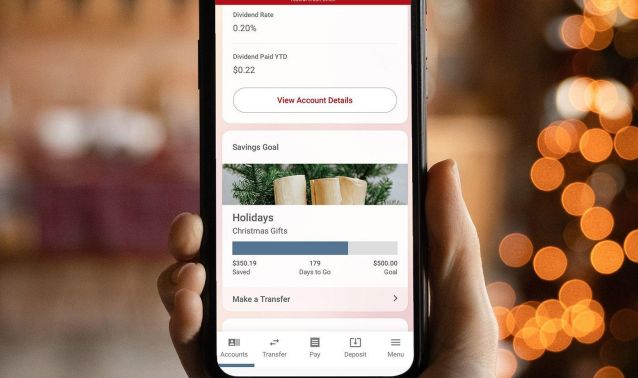Does My Credit Score Even Matter?
Share this article:

Your
credit score is an indicator of your financial wellness and
responsibility. We have outlined how credit scores are calculated, why
it matters and steps to take to improve your score.
How is my credit score calculated?
The
three major credit bureaus in the U.S. collect and share information on
a person’s credit usage with potential lenders and financial
institutions. Most lenders use this information and the FICO or VantageScore scoring model to calculate credit worthiness. Both scoring models look at the following factors when calculating credit scores:
- The age of your credit. A longer history of credit usage boosts your score.
- The timeliness of your bill payments. Chronic late payments can drastically reduce a score.
- The ratio of outstanding debt to available credit. The VantageScore formula views having a lot of available credit as a liability, while the FICO formula considers this a favorable point.
- The diversity of your credit. Lenders want to see that you have several kinds of open credit.
- The trajectory of your debt. Are you constantly accumulating new debt, or working toward paying down your existing debt?
- Your credit card usage. Financial experts recommend having several open and active credit cards to boost your score.
How does my credit score affect my life?
Here are some ways your credit score can affect your life:
- Loan eligibility. Lenders
check scores to determine whether you will be eligible for a loan. A
poor credit score can keep you from buying a house or car or getting
other types of loans. - Interest rates on loans. A higher credit score
can get you a lower interest rate on a loan, and a poor score can mean
paying thousands of extra dollars in interest over the life of the loan.
- Employment. Looking to get hired on at Oracle or Amazon in Nashville? Many employers look at the credit reports of potential employees as part of the hiring process.
- Renting. Most landlords will run credit checks on new tenants before signing a lease agreement.
- Insurance coverage. Most insurers will check your credit before agreeing to provide you with coverage. A good credit score can lead to better rates as you are seen as less of a risk.
How to improve your credit score
- Pay your bills on time. If you find timeliness to be a challenge, consider automatic payments.
- Consider a secured credit card. Obtaining a secured credit card like the Ascend Visa Secured Platinum Card can help build or rebuild your credit without even going through a credit check.
- Pay more than the minimum payment on your credit cards. This shows you’re working on paying down your debt and can help improve your score.
- Pay your credit card bills before they’re due. This way, more of your money will go toward your outstanding balance instead of toward interest.
- Consider debt consolidation. If
you’re paying interest on multiple debts each month, you may benefit
from transferring your debt to a single credit card that offers a lower rate or from taking out a personal or personal loan.
Need some help? Our financial services officers are available to sit down with you and review your options. You can even schedule an appointment to get in and out quickly.



